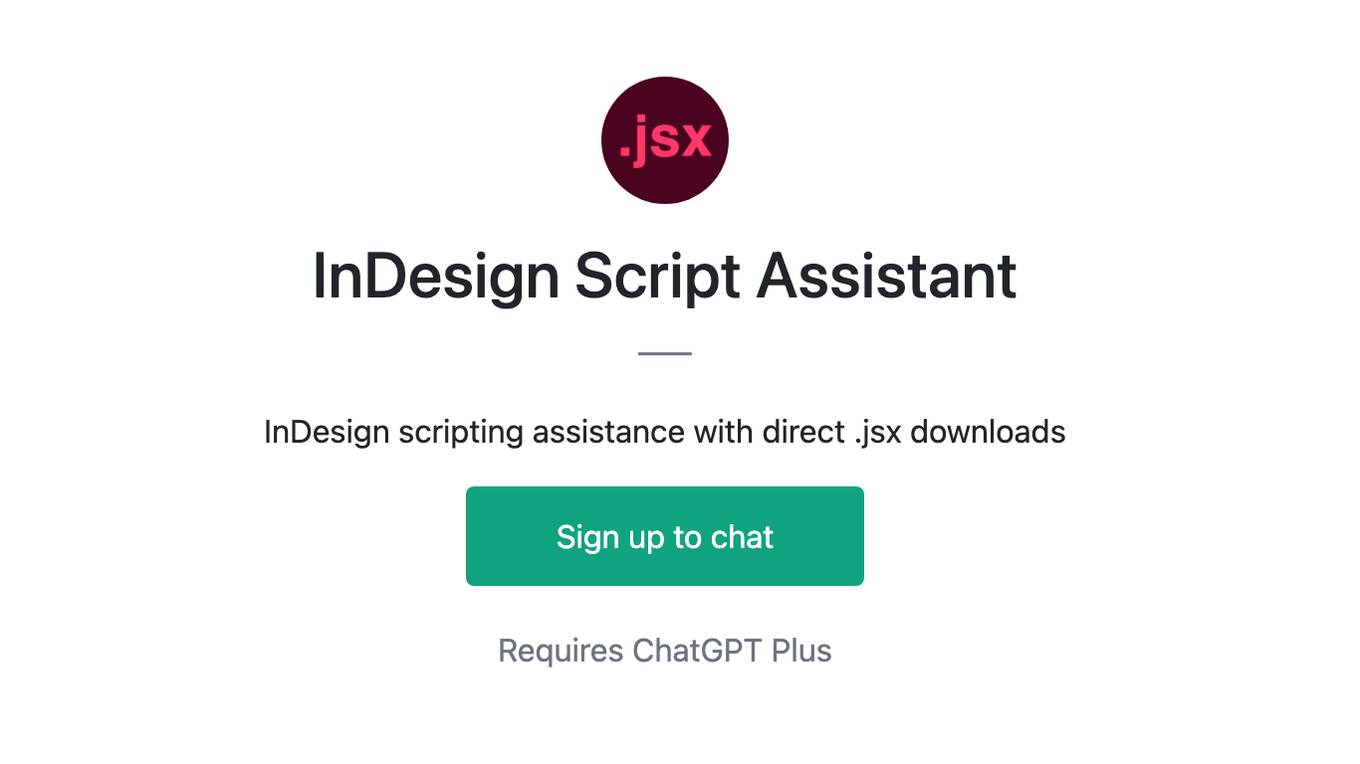Best AI tools for< Preprocess Text >
1 - AI tool Sites

HappyML
HappyML is an AI tool designed to assist users in machine learning tasks. It provides a user-friendly interface for running machine learning algorithms without the need for complex coding. With HappyML, users can easily build, train, and deploy machine learning models for various applications. The tool offers a range of features such as data preprocessing, model evaluation, hyperparameter tuning, and model deployment. HappyML simplifies the machine learning process, making it accessible to users with varying levels of expertise.
5 - Open Source AI Tools
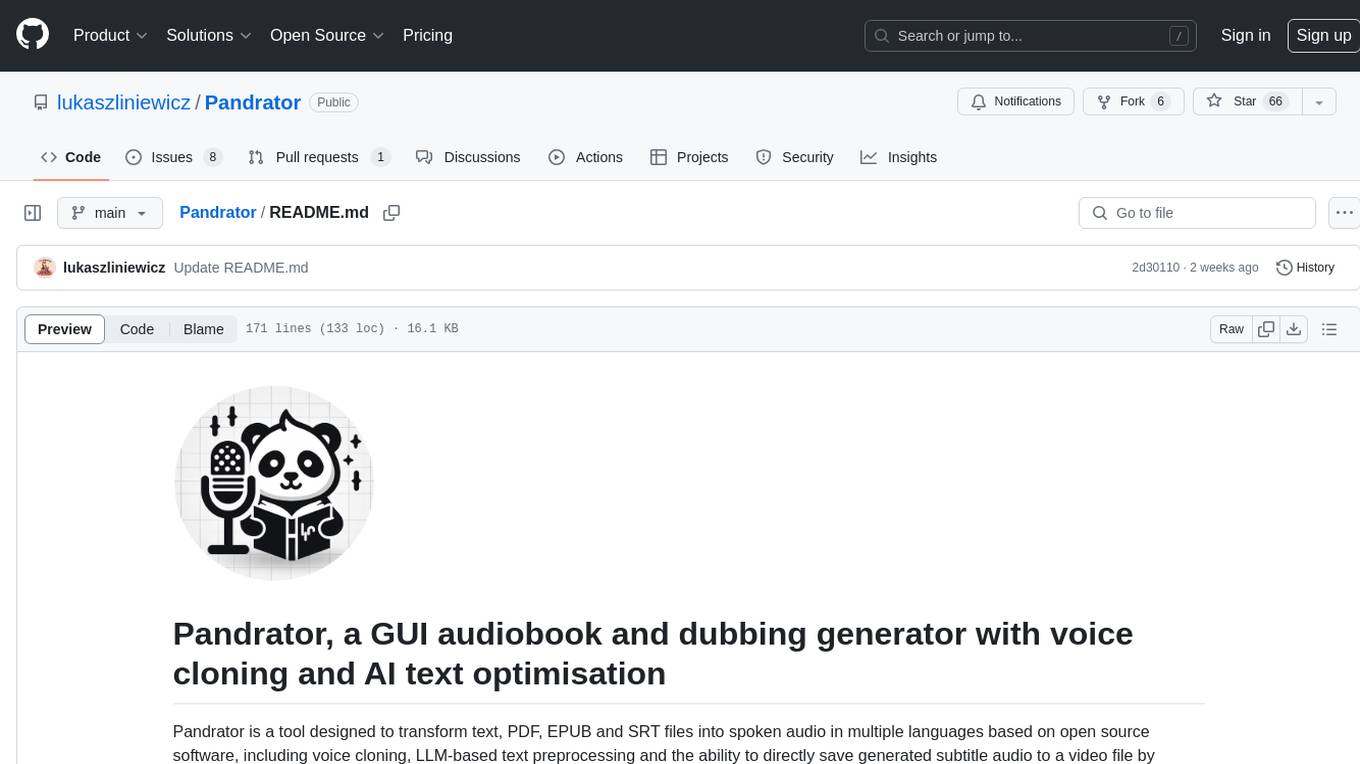
Pandrator
Pandrator is a GUI tool for generating audiobooks and dubbing using voice cloning and AI. It transforms text, PDF, EPUB, and SRT files into spoken audio in multiple languages. It leverages XTTS, Silero, and VoiceCraft models for text-to-speech conversion and voice cloning, with additional features like LLM-based text preprocessing and NISQA for audio quality evaluation. The tool aims to be user-friendly with a one-click installer and a graphical interface.

1filellm
1filellm is a command-line data aggregation tool designed for LLM ingestion. It aggregates and preprocesses data from various sources into a single text file, facilitating the creation of information-dense prompts for large language models. The tool supports automatic source type detection, handling of multiple file formats, web crawling functionality, integration with Sci-Hub for research paper downloads, text preprocessing, and token count reporting. Users can input local files, directories, GitHub repositories, pull requests, issues, ArXiv papers, YouTube transcripts, web pages, Sci-Hub papers via DOI or PMID. The tool provides uncompressed and compressed text outputs, with the uncompressed text automatically copied to the clipboard for easy pasting into LLMs.
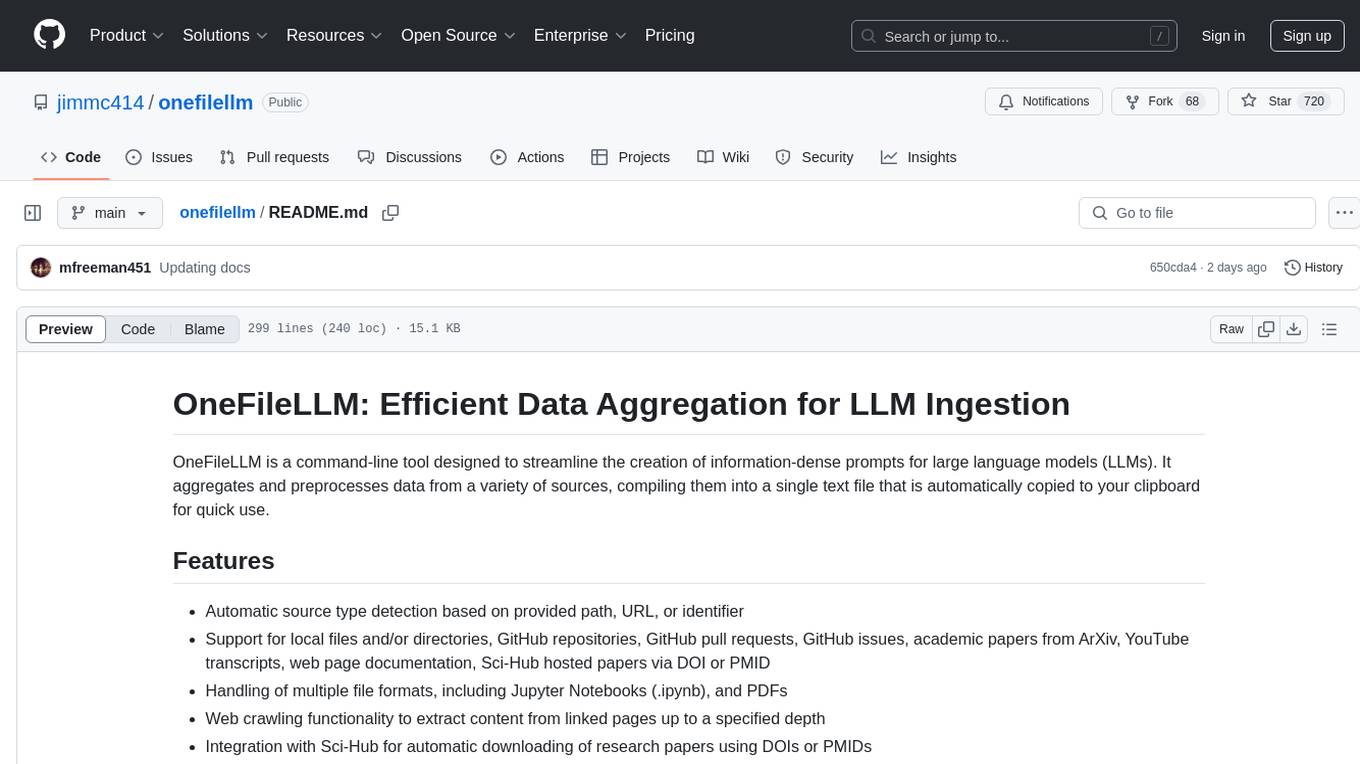
onefilellm
OneFileLLM is a command-line tool that streamlines the creation of information-dense prompts for large language models (LLMs). It aggregates and preprocesses data from various sources, compiling them into a single text file for quick use. The tool supports automatic source type detection, handling of multiple file formats, web crawling functionality, integration with Sci-Hub for research paper downloads, text preprocessing, token count reporting, and XML encapsulation of output for improved LLM performance. Users can easily access private GitHub repositories by generating a personal access token. The tool's output is encapsulated in XML tags to enhance LLM understanding and processing.
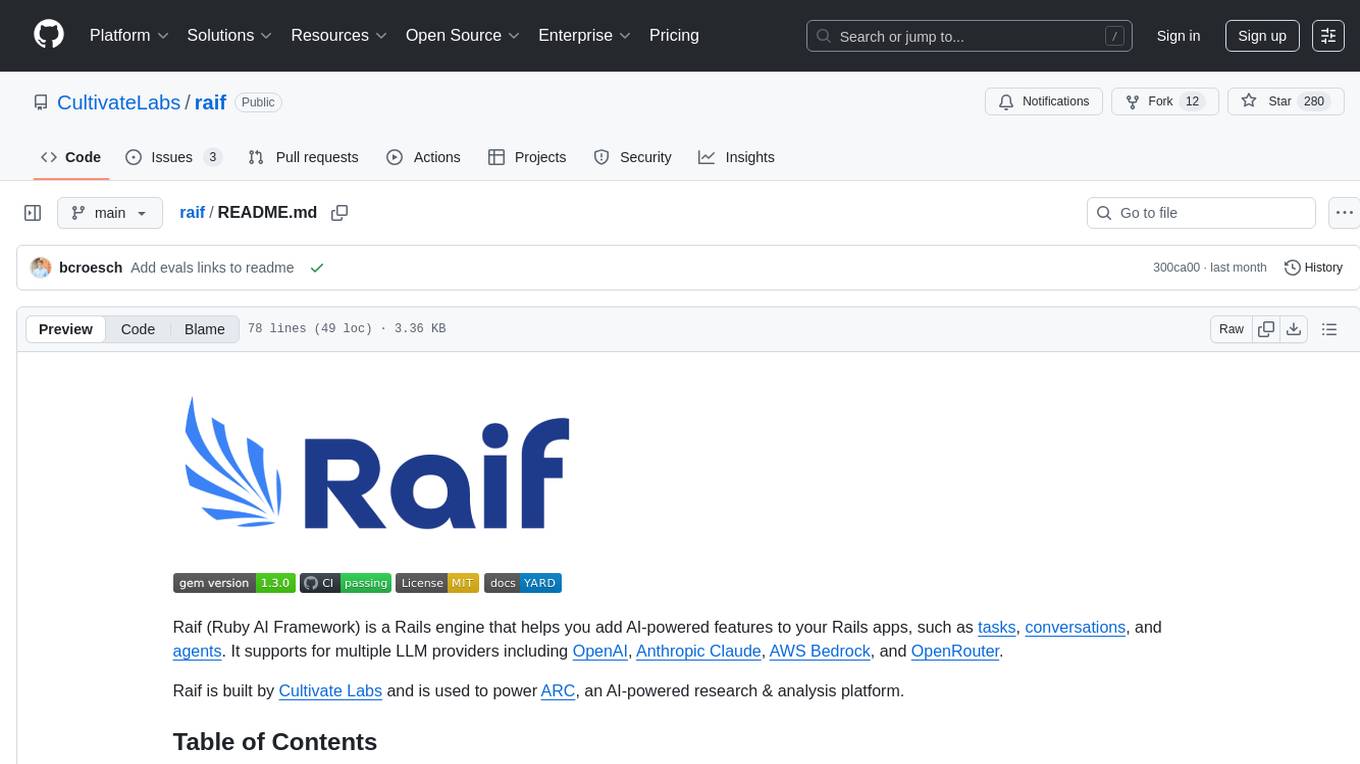
raif
Raif is a lightweight Python library for analyzing text data. It provides functionalities for text preprocessing, feature extraction, and text classification. With Raif, users can easily clean and preprocess text data, extract relevant features, and build machine learning models for text classification tasks. The library is designed to be user-friendly and efficient, making it suitable for both beginners and experienced data scientists.
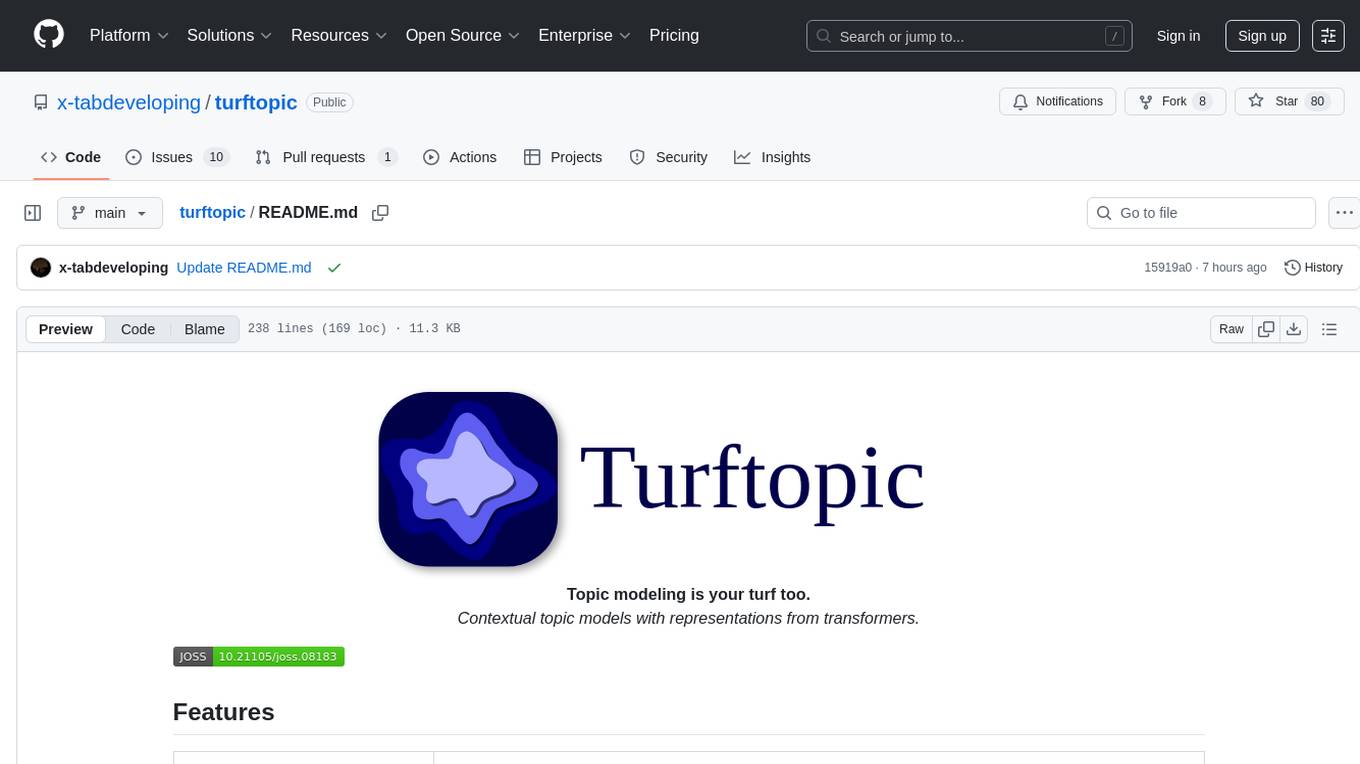
turftopic
Turftopic is a Python library that provides tools for sentiment analysis and topic modeling of text data. It allows users to analyze large volumes of text data to extract insights on sentiment and topics. The library includes functions for preprocessing text data, performing sentiment analysis using machine learning models, and conducting topic modeling using algorithms such as Latent Dirichlet Allocation (LDA). Turftopic is designed to be user-friendly and efficient, making it suitable for both beginners and experienced data analysts.
2 - OpenAI Gpts
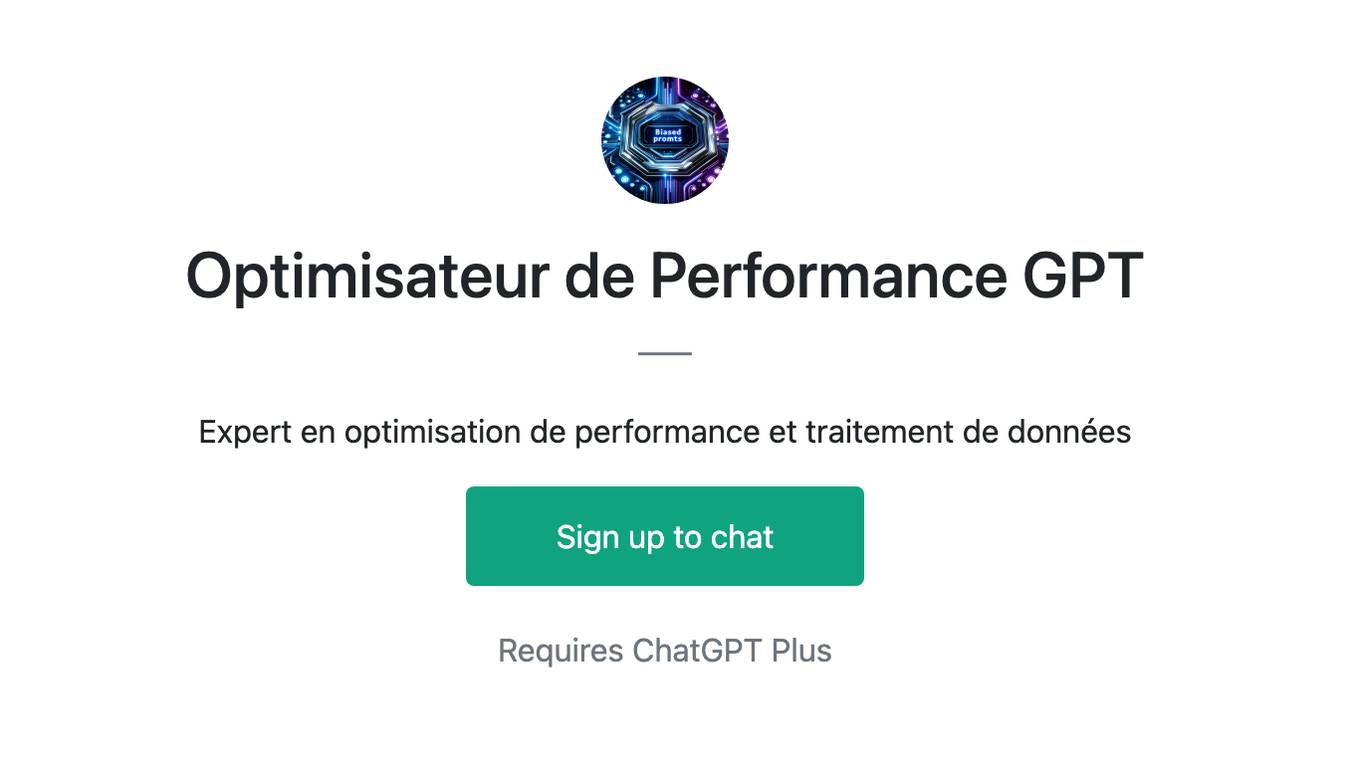
Optimisateur de Performance GPT
Expert en optimisation de performance et traitement de données
